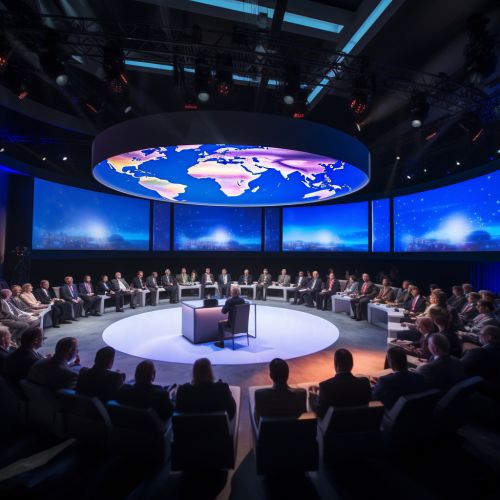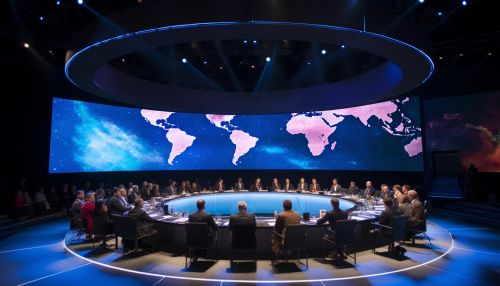Sustainable Development
Introduction
Sustainable development is a principle for meeting human development goals while simultaneously sustaining the ability of natural systems to provide the natural resources and ecosystem services upon which the economy and society depend. The desired result is a state of society where living conditions and resources are used to continue to meet human needs without undermining the integrity and stability of the natural system. Sustainable development can be classified as development that meets the needs of the present without compromising the ability of future generations to meet their own needs.
History
The concept of sustainable development was first brought to widespread attention in 1972 by the United Nations Conference on the Human Environment, held in Stockholm. The conference recognized that to achieve a more sustainable future, economic growth and environmental protection must go hand in hand. This led to the establishment of the United Nations Environment Programme (UNEP) later that year.


In 1987, the United Nations World Commission on Environment and Development (WCED), also known as the Brundtland Commission, released a report entitled "Our Common Future". This report popularized the concept of sustainable development and defined it as "development that meets the needs of the present without compromising the ability of future generations to meet their own needs".
Principles of Sustainable Development
Sustainable development is based on three fundamental principles:
1. Economic Sustainability: This involves using various strategies for employing existing resources optimally so that a responsible and beneficial balance can be achieved over the longer term. Within this process, resources are managed in such a way that future generations will also have the resources available to meet their own needs.
2. Environmental Sustainability: This principle involves ensuring the maintenance of biodiversity and the preservation of natural resources, minimizing waste and damage to the environment, and promoting conservation efforts.
3. Social Sustainability: This involves managing public services, infrastructure, and institutions in ways that mirror the established cultural norms and customs of a specific population or community. It also involves the preservation and evolution of cultural norms and customs in light of a rapidly changing world.
Sustainable Development Goals
In 2015, the United Nations General Assembly set 17 Sustainable Development Goals (SDGs) as part of the 2030 Agenda for Sustainable Development. These goals aim to end poverty, protect the planet, and ensure prosperity for all by 2030. Each goal has specific targets to be achieved.
Challenges to Sustainable Development
Despite the widespread acceptance of the principles of sustainable development, there are numerous challenges to its implementation. These include economic challenges, such as the need for increased investment in sustainable technologies, and social challenges, such as the need for changes in consumption patterns and lifestyles. Environmental challenges include the need to reduce greenhouse gas emissions and halt biodiversity loss.
Sustainable Development and Climate Change
Sustainable development and climate change are intricately linked. Climate change poses significant risks to sustainable development efforts, particularly in developing countries. At the same time, sustainable development practices can provide a framework for addressing climate change by reducing greenhouse gas emissions and increasing resilience to climate change impacts.
Conclusion
Sustainable development is a complex and multifaceted concept that requires a holistic approach to implementation. It requires the integration of economic, social, and environmental considerations in all decision-making processes. Despite the challenges, sustainable development remains a key framework for addressing the world's most pressing environmental, social, and economic issues.
